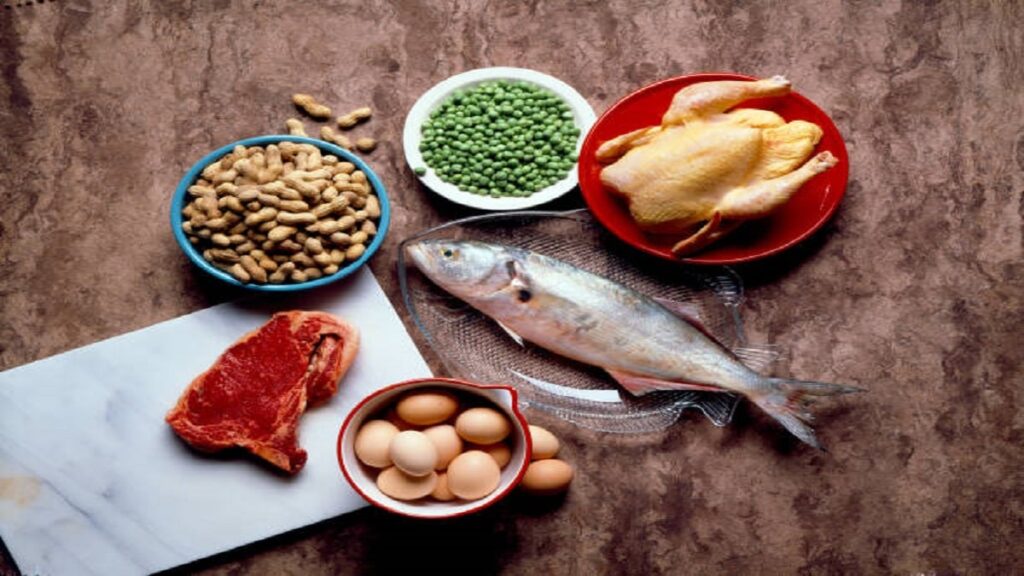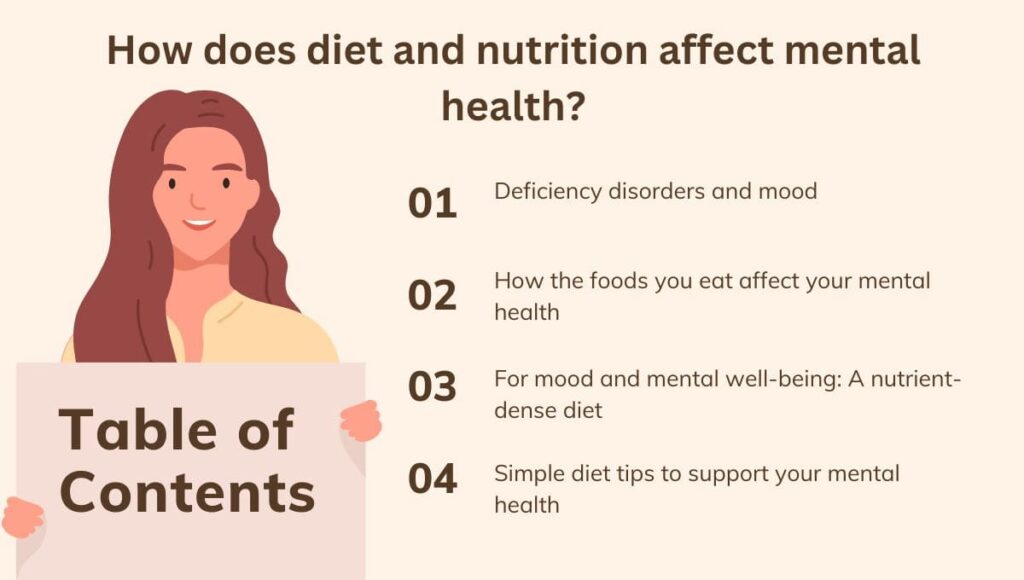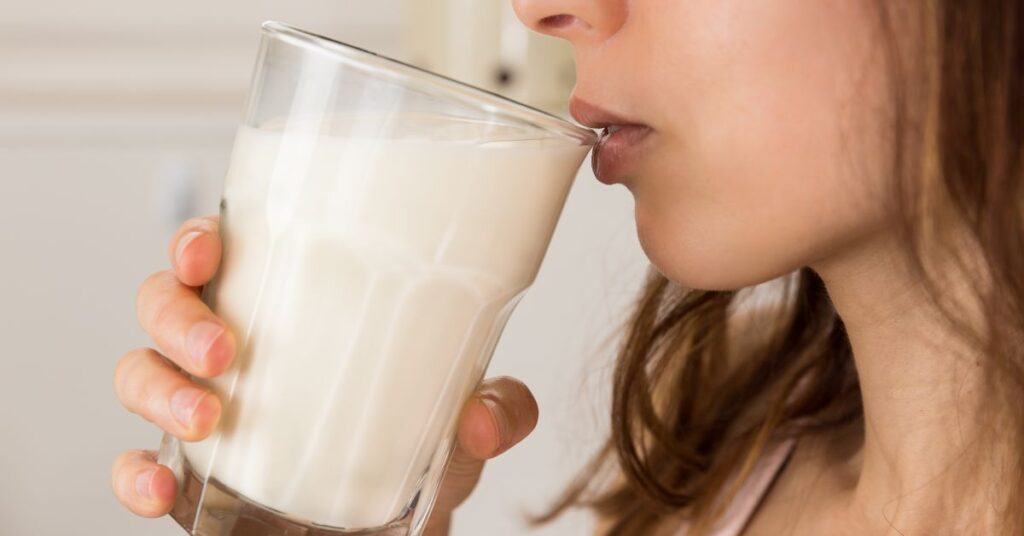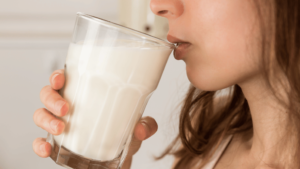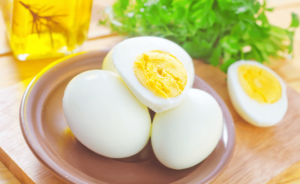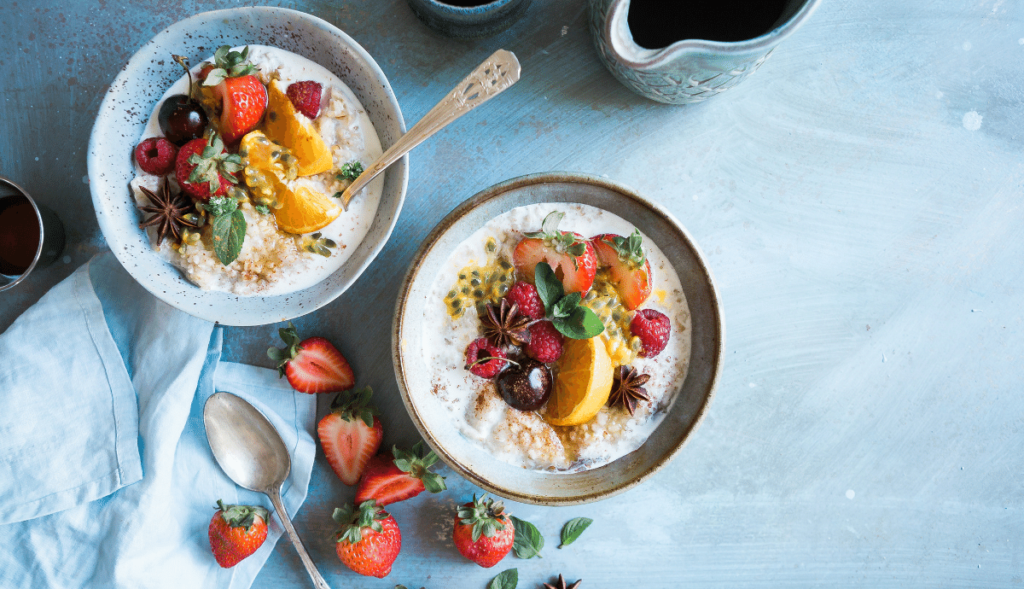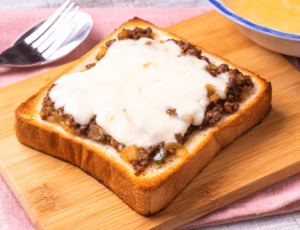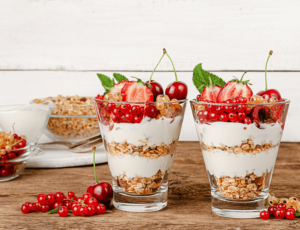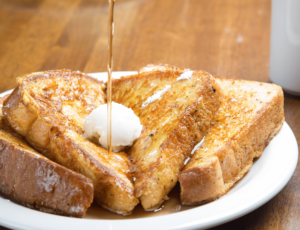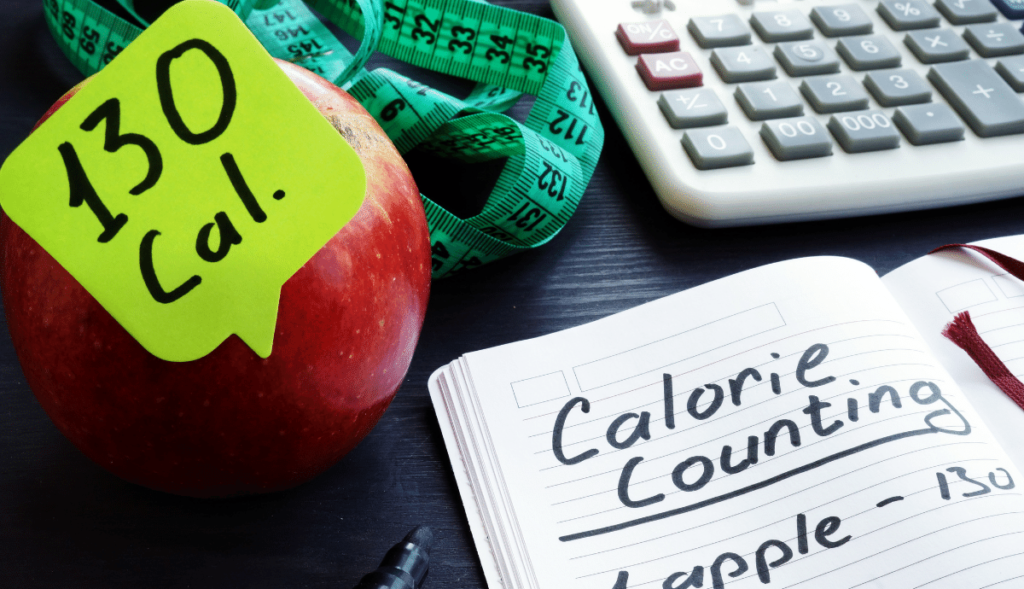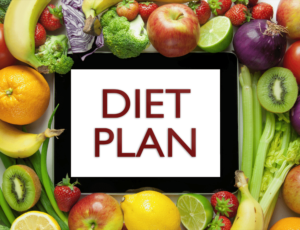When it comes to weight loss, tea is always a good choice. And there are many different types of tea that can help you lose weight. Some of the best teas for weight loss in 2023 include green tea, black tea, oolong tea, and chamomile tea.
Each type of tea has its own benefits. For example, green tea is high in antioxidants and can help you reduce your risk of cancer. Black tea is also high in antioxidants and can help you reduce your risk of heart disease. Oolong and chamomile teas are both caffeine-free and can help you lose weight by helping to regulate your blood sugar levels.
So whether you’re looking for a caffeine-free option or one with more specific health benefits, there are many great teas out there for weight loss in 2023.
What is in Tea that helps with Weight Loss?
Tea has long been known to have health benefits, one of which is weight loss. A study published in the “Journal of Nutrition” in 2016 found that people who drank tea lost more weight and body fat than those who didn’t.
The study participants who drank black tea (which is high in polyphenols) lost an average of 3.7 kg while those who drank green tea (which is low in polyphenols) only lost 1.5 kg. The polyphenols in tea are antioxidants that scavenge harmful molecules called free radicals. Free radicals damage cells and can cause disease, so by reducing their number, polyphenols help to protect the body against these negative effects.
Tea also contains caffeine, which has been shown to boost metabolism and help burn calories. In addition, drinking tea has been linked with lowered levels of stress hormones, which can lead to weight loss if you’re struggling to lose weight otherwise.
What type of tea is best for weight loss?
Recent studies have shown that tea has a number of health benefits, including weight loss. Tea can help to control blood sugar levels, reduce the risk of heart disease and stroke, and improve mental clarity and energy.
There are many different types of tea available for weight loss, so it is important to choose the right one for you. Green tea is a good choice if you want to lose weight because it contains antioxidants that can help fight against fat storage. Black tea also has antioxidants, but it also contains caffeine which can boost your metabolism and help you burn more calories.
If you’re looking to lose weight quickly, then consider using herbal teas such as chamomile or ginger. They are low in calories and contain compounds that can promote weight loss.
Best Teas For Weight loss in 2023
Are you looking for Best Teas For Weight loss in 2023 bcoz Tea is the perfect drink for weight loss. Not only is it calorie-free, but research shows that tea has a host of health benefits, including reducing the risk of heart disease and cancer. In this article, we’re going to list the best teas for weight loss in 2023.
1. Green tea

Green tea is one of the best tea in our list of Best Teas For Weight loss in 2023. There are many benefits of green tea and green tea is a weight loss powerhouse for a few reasons. First, it’s packed with catechins, which are antioxidants that have been shown to help reduce the risk of heart disease and cancer. Second, green tea is a great source of caffeine, which can help you burn calories. Finally, green tea has been shown to increase your metabolism, so you’ll be able to burn more calories throughout the day.
2. Black tea

The 2nd tea is in our list of Best Teas For Weight loss in 2023 is black tea. Black tea also packs a weight-loss punch. Like green tea, black tea is high in catechins, which are antioxidants that can help reduce the risk of heart disease and cancer. Additionally, black tea is a good source of caffeine, which can help you burn calories. And lastly, black tea has been shown to increase your metabolism, so you’ll be able to burn more calories throughout the day.
3. Oolong tea
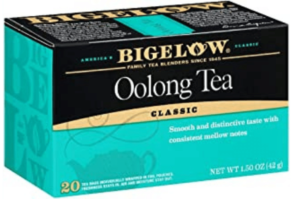
we’re talking about here the best Teas For Weight loss in 2023 and Oolong tea is another weight loss powerhouse. Like black and green teas, oolong teas are high in catechins, which have been shown to help reduce the risk of heart disease and cancer. Additionally, oolong teas are good.
4. Tulsi Tea

Tulsi tea, also known as Holy Basil, is a traditional remedy that has been used for centuries to promote health and wellness. It is composed of the leaves and flowers of the tulsi plant and has been traditionally used to treat a variety of diseases and ailments.
Some studies have shown that Tulsi tea can help to boost weight loss because it can help to curb appetite and cravings. Additionally, tulsi tea is high in antioxidants which can help to protect against damage to cells and improve overall health. So tulsi tea is a great option in our list of Best Teas For Weight loss in 2023.
5. Chamomile Tea

Chamomile tea is a great choice for people looking to lose weight because it is an incredibly effective tea for reducing calorie intake. In one study, participants who drank chamomile tea had a reduction in food intake of about 330 calories over the course of an hour.
Another study found that chamomile tea led to a decrease in glucose levels and an increase in insulin sensitivity. These effects can help to reduce hunger and help you to keep your weight under control.
6. Rooibos Tea

Rooibos tea is a popular, naturally caffeine-free tea in our list of Best Teas For Weight loss in 2023. That is often cited as a weight loss aid. In addition to its caffeine-free properties, rooibos tea has been said to have other health benefits, such as helping to regulate blood sugar levels and aiding in digestion. Some people also report that rooibos tea helps them lose weight.
To maximize the weight loss benefits of rooibos tea, it’s important to drink it in moderation. Whereas many teas are composed of about 3% caffeine, rooibos tea contains about 5% caffeine.
For those looking to limit their intake of caffeine, it’s best to choose a different type of tea instead of drinking rooibos tea all day long. Additionally, since rooibos tea is low in sugar, it can be an enjoyable way to sip on some afternoon refreshments without having to worry about calories.
7. Hibiscus Tea
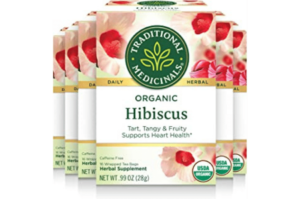
Looking for the best teas for weight loss in 2023 that will help you lose weight? Look no further than Hibiscus Tea. This refreshing drink is packed with antioxidants, which can help to reduce the amount of fat stored in your body. Additionally, hibiscus tea has been shown to boost metabolism and promote weight loss.
If you’re looking for a delicious and healthy beverage to help you lose weight, hibiscus tea is a perfect choice. Not only does this drink taste great, but it also offers numerous health benefits that can help you reach your goals.
8. Rose Hip Tea

There is no doubt that tea is a great beverage for weight loss. Tea has been shown to be effective in reducing calorie intake and helping people to lose weight. There are many types of tea that can help with weight loss, but rose hip tea is one of the most popular options.
If you are looking for the best teas for weight loss in 2023 so rose hip tea can be a good option for you bcoz rose hip tea is made from rosehips, which are a type of berry. These berries have been shown to contain high levels of antioxidants and reduce the risk of obesity and other chronic diseases. When it comes to weight loss, it is important to focus on reducing calorie intake as well as increasing activity levels.
Tea can help with both goals by providing a delicious way to reduce calorie intake and promoting physical activity. Rose hip tea is an excellent option because it contains antioxidants that can help reduce the risk of obesity, heart disease, and other chronic diseases. Additionally, rosehip tea has been shown to be effective in reducing calorie intake when combined with other strategies such as dieting or physical activity.
9. Fennel tea

If you’re looking to slim down, consider trying out some of these best teas for weight loss in 2023. When it comes to tea, there are a variety of options that can help with weight loss. Some of the Best Teas For Weight loss in 2023 include green tea, chamomile tea, and fennel tea.
Finally, fennel tea is a unique option because it doesn’t typically contain caffeine – which can be helpful if you’re looking to cut back on your caffeine intake overall. One study found that people who drank fennel tea lost more weight than those who didn’t drink it.
10. Puerh Tea
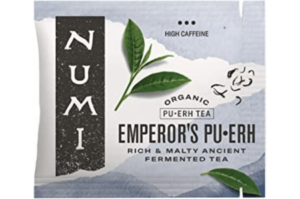
When it comes to tea, Puerh is a popular choice for those looking to lose weight.
Puerh is a type of black tea that is made from fermented leaves. This process produces an intense flavor and a high amount of antioxidants, which can help protect the body against the harmful effects of aging or disease.
Studies have shown that puerh tea can help improve blood circulation and promote weight loss. In addition, puerh tea has been shown to contain compounds that can speed up the process of detoxification and burn fat.
If you are looking for a tasty beverage that can help you lose weight, puerh tea is a great option.
11. White Tea
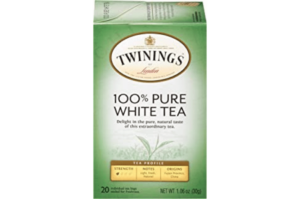
White tea is a type of tea that originates from China and has a sweet and delicate flavor. White tea is low in caffeine, which makes it an ideal beverage for those looking to reduce their intake of stimulants. In addition to being a healthy drink, white tea can also help boost weight loss efforts by helping you to burn more calories.
One study found that people who drank 3 cups of white tea per day were able to burn more than 300 more calories than those who didn’t drink white tea. Additionally, white tea has been shown to help lower blood pressure and cholesterol levels, which can also contribute to weight loss.
When choosing white tea, be sure to look for varieties with a light taste and no bitterness. Some good choices include Fujian White Tea, Royal White Tea, and Darjeeling White Tea.
12. Herbal Tea

Herbal tea is very important in our list of best teas for weight loss in 2023 bcoz herbal teas are a great way to lose weight. They are low in calories and can help to regulate your appetite. Some of the best herbal teas for weight loss include Chamomile tea, Lavender tea, and Herbal tea with ginger.
13. Matcha Tea

Matcha tea is gaining popularity as a weight loss beverage in the list of best teas for weight loss in 2023. The tea is made from green tea leaves that have been ground into a powder. It contains less caffeine than other teas, so it’s not a stimulant and can help you to lose weight by helping you to burn more calories.
There are many different brands of matcha tea on the market, so it’s important to find one that has a flavor that you enjoy. Some of the most popular flavors include vanilla, honey, and strawberry. Matcha tea can also be enjoyed cold or hot, so it’s versatile for any time of day.
One study revealed that people who drank matcha tea lost more weight than those who didn’t drink the tea. In addition, matcha was found to increase energy levels and improve mood scores, which could lead to continued weight loss over time. If you want to try matcha tea for weight loss, be sure to choose a quality brand with a flavor that you enjoy.
14. Purple Tea

Purple tea is a type of tea made from purple flowers. It has been shown to help burn fat and suppress appetite. The compounds in purple tea that are believed to work are catechins and flavonoids.
FAQs for Best Teas For Weight loss in 2023
Can you lose weight by drinking tea?
Tea is a healthy beverage, and many people enjoy it for its health benefits. However, if you’re looking to lose weight, it’s important to be mindful of the calories in your tea. Some teas are high in calories and should not be consumed in large quantities if you’re trying to slim down.
which green tea is best for weight loss and skin?
Matcha is a type of green tea that has been finely ground and is often used in ceremonies. It contains more catechins, a type of antioxidant, than other types of green tea. Catechins are believed to help promote weight loss by increasing the metabolic rate and helping to reduce appetite cravings. Additionally, matcha has been shown to improve skin health by boosting collagen production and reducing inflammation. Finally, matcha contains less caffeine than other types of green tea so it is ideal if you’re looking to minimize stimulants in your diet.
Which green tea is best for losing weight?
There are many different types of green tea, so finding one that fits your specific needs can be tricky. Some good options include:
• Matcha: This type of green tea is made from ground leaves and has a slightly sweeter flavor than other varieties. It’s especially good for those looking to lose weight because of its high caffeine content – about 25 milligrams per cup!
• Earl Grey: This popular type of green tea is made from the lower buds and leaves of the Camellia sinensis bush. It has a mild flavor and is best for those who want an all-around healthy drink.
• Jasmine Green Tea: Another popular choice, jasmine green tea has a delicate floral taste that can be enjoyed by those of all ages. It’s also low in caffeine, making it ideal for most people looking to lose weight or improve their skin health.
Which tea burns fat overnight?
There is a tea that has been shown to help burn fat overnight. The tea is green tea, and it contains catechins which are antioxidants. These chemicals help break down the fat cells in the body and help reduce the amount of stored energy. Green tea also contains caffeine, which helps increase your metabolism. So if you’re looking for a way to help burn fat quickly, drink green tea!
Conclusion
In this blog, we told you about Best Teas For Weight loss in 2023. We heard about many weight-loss drinks ideas like morning drinks for weight and night drinks for weight loss. But teas are different from them. Everyone likes to drink tea and it is very useful also for weight loss. We have told you about different types of teas, and each of them has its own benefits. You can see a good difference by including these in your daily routine.

